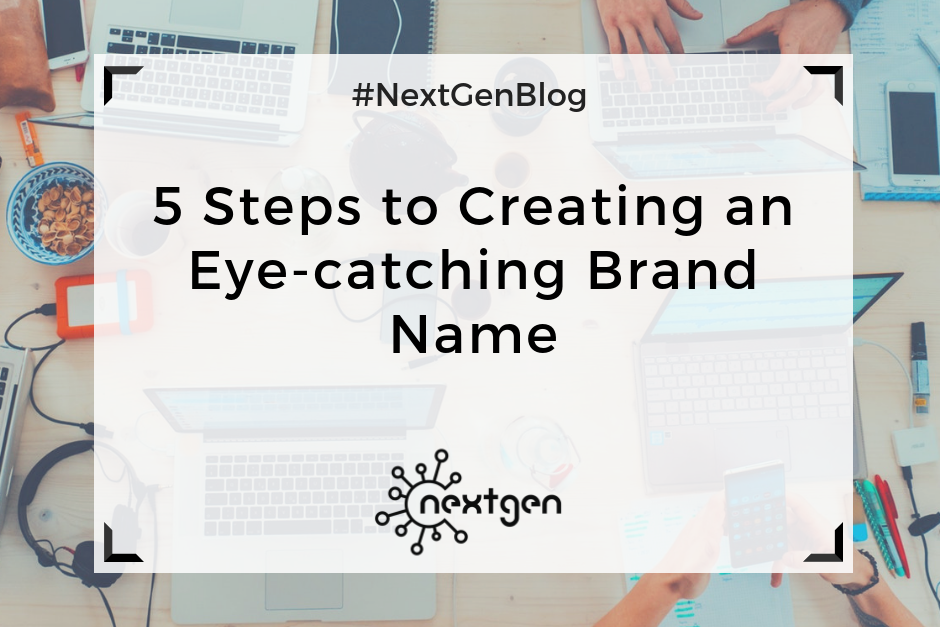Do not underestimate the process of creating a unique brand name as there are over 24 million businesses in the US alone making it difficult to come up with an intriguing one. The steps below will guide you on choosing a brand name that will attract and appeal to your customers to make sure you are ahead of the competition.
#1 Knowing what constitutes a good brand name
Before you start brainstorming brand name ideas for your business, it is important to understand the qualities of typically successful brand names including:
– Suggestive: When consumers hear your brand-name, it should instantly evoke positive connotations and imagery. This is especially important for companies expanding into international markets as the selection of words in their brand names should not express negative meaning in other languages.
– Simple and Short: A brand name consisting of a single word can be memorable and impactful, whereas multiple words can confuse the consumer and be more difficult to pronounce.
– Unique and Memorable: Hearing your brand name for the first time should intrigue consumers and stick in their minds. However, it should also be distinctive enough so that a consumer’s attention is drawn to it when looking at other firms within the same industry.
#2 Researching the Market, Competitors and Consumers
This gives you time to fully understand the market and learn the brand names that competitors are using and identify their weaknesses to create a unique name which fills those gaps.
#3 Think about what your name represents
This is the most significant part of the process as your brand name should ideally provide some insight into the function of your brand and its goals. Since your brand name is an extension of your brand strategy, it is worth going over it. Brainstorming with some key words that you want associated with your brand may also be useful.
#4 The type of name that will be the best fit for your business
Understanding the different categories of brand names and their drawbacks may help you narrow down your list of names and identify which kind is best for your business. Some categories of brand names are:
– Descriptive: (Toys-R-Us, General Motors) These brand names are functional as they instantly convey the brand’s story; however, they are unremarkable and leave little room for interpretation from customers. Thus, they may not be the best option for start-up businesses trying to establish themselves..
– Evocative: (Nike, Amazon) These are compelling differentiators from other brands as they evoke a vivid image and employ suggestion to customers however, companies with these names find it challenging to achieve external alignment with customers.
-Founder: (Ralph Lauren, Ben and Jerrys) These names are easy to trademark, but businesses must be ready to employ more money into marketing efforts to make them stand out. Thus, if your business has a small marketing budget, a founder brand name is not recommended.
#5 Trademark and Domain name availability search
Conducting this search is necessary as it ensures that you find available domain names and pick a name that no one else already owns. Once you have chosen your brand name do not forget to protect it by trademarking it. This makes sure that future competitors cannot use it.
Although having a great brand name can draw customers to your business, do not get too caught up in it because at the end of the day your product is what will make them stay.


